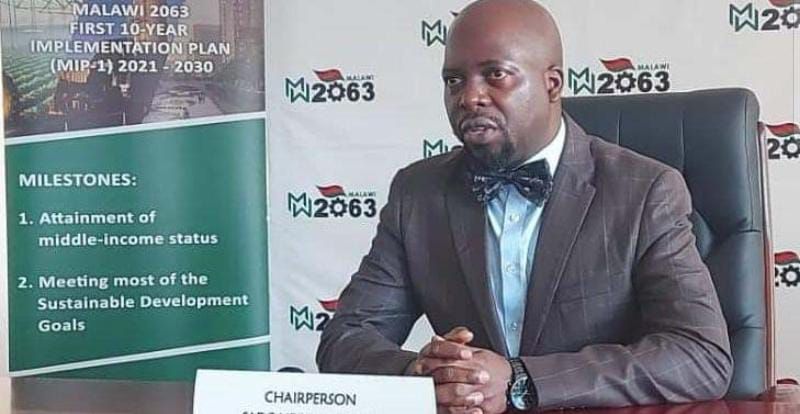By Burnett Munthali
Since gaining independence in 1964, Malawi embarked on a journey marked by ambitious industrial aspirations, yet over the decades, these ambitions have given way to economic stagnation and persistent challenges.
In its early years as a newly formed republic, Malawi saw the birth of an industrial revolution that promised economic growth and development. However, as time progressed, these efforts lost momentum, resulting in a return to an agrarian-based economy heavily reliant on imports. Today, 60 years after independence, Malawi finds itself grappling with profound economic difficulties, characterized by poverty rates that continue to afflict the majority of its population.

According to the World Bank, a staggering 72 percent of Malawi’s population lives below the international poverty line of $2.15 a day. This stark reality is exacerbated by an annual inflation rate projected at 23 percent, further straining the purchasing power of Malawians and hindering economic progress.
The shift from industrial aspirations to agrarian dependency reflects a broader narrative of economic challenges that Malawi faces. Despite initial strides towards industrialization in its early years, sustained economic growth has remained elusive. Factors such as limited infrastructure, fluctuating agricultural productivity, and inadequate access to education and healthcare have contributed to the country’s economic struggles.
In recent years, efforts have been made to revitalize Malawi’s economy through initiatives aimed at improving agricultural productivity, enhancing infrastructure development, and promoting private sector investment. However, these efforts have yet to yield significant and sustained improvements in economic conditions.
Looking ahead, addressing Malawi’s economic challenges requires a multifaceted approach that encompasses policy reforms, investment in human capital, and fostering a conducive business environment. Sustainable economic growth hinges on effective governance, inclusive development strategies, and international partnerships that support Malawi’s journey towards economic resilience and prosperity.
As Malawi reflects on its economic journey over the past six decades, the path forward necessitates bold reforms and concerted efforts to overcome persistent challenges and realize the aspirations of its people for a brighter future.


